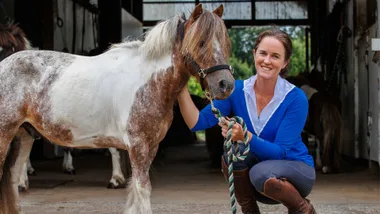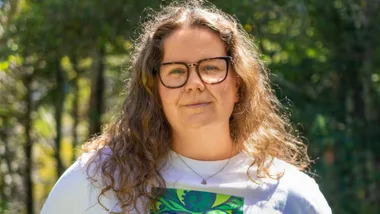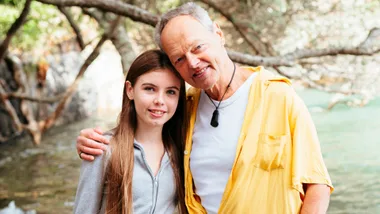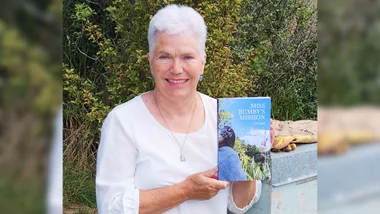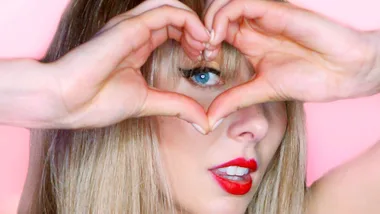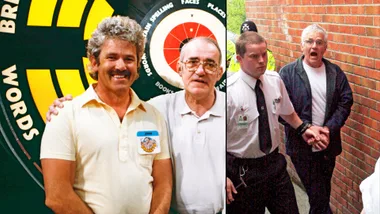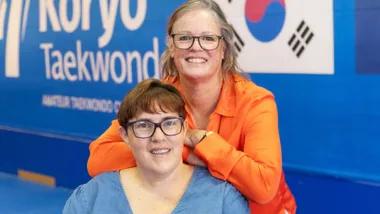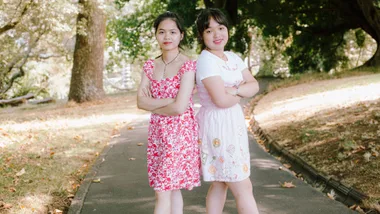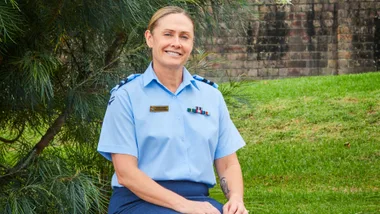Five years ago, in March 2020, as Covid swept the globe, New Zealanders learned the country would adopt a strict alert-level system. At levels three and four, Kiwis were in lockdown, primarily confined to their own homes, but birth and babies wait for no one!
As we look back on this defining time in our history, three first-time mums share their life-changing experiences of having twins and triplets during the pandemic.
‘We’ll always talk about him and do things to remember him’
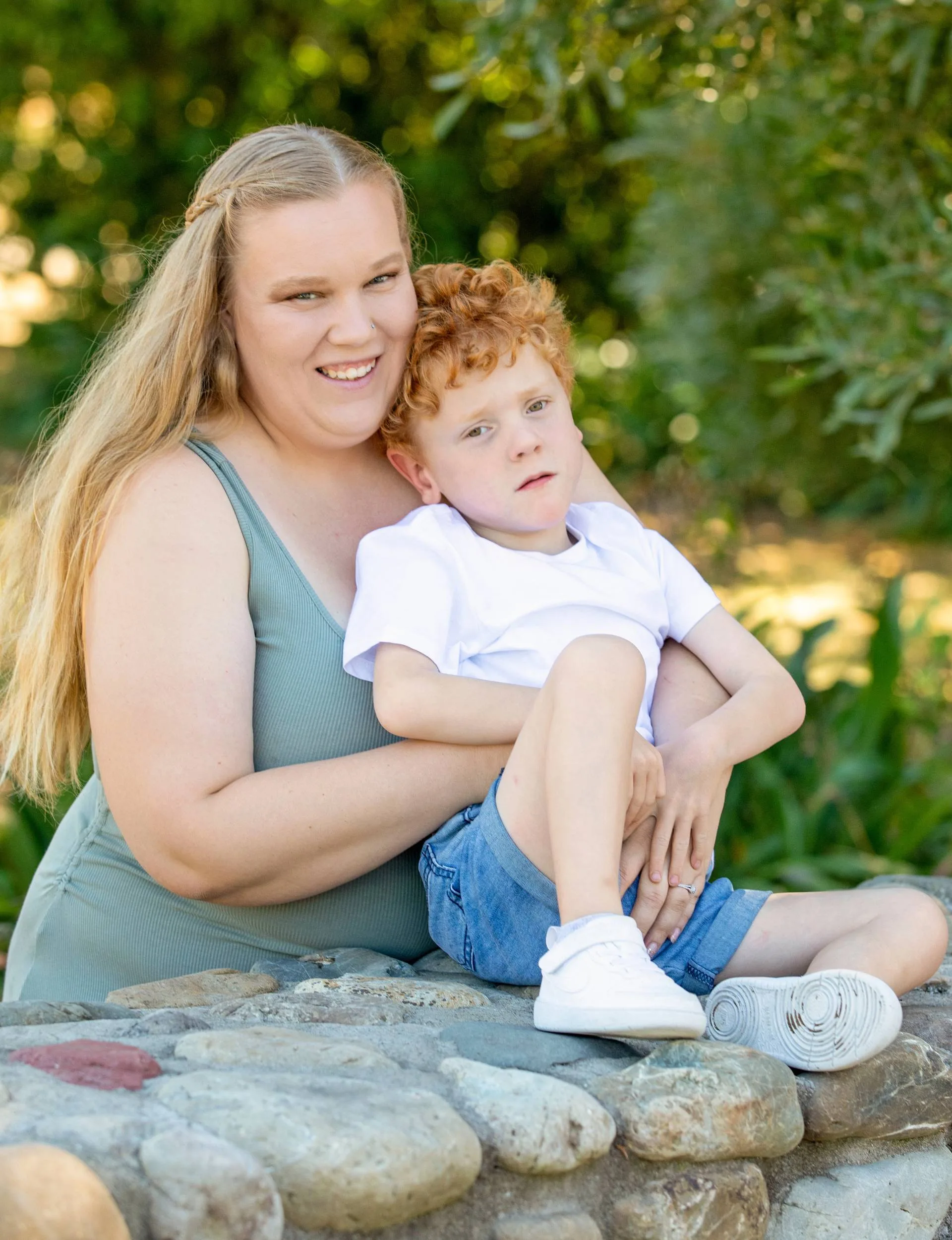
For the first 454 days of Declan Colquhoun’s life, his devoted mum Kathryn Hutchinson and the inside of his hospital room were home.
Born at 23 weeks and one day, weighing just 400 grams, Declan was not much longer than a ballpoint pen. He needed intensive hospital care for the first 15 months of life.
But as Kathryn celebrates Declan’s fifth birthday and reflects on all they’ve overcome to reach this milestone, she couldn’t be prouder of her amazing boy.
“He’s cheeky and quirky, and an absolute bundle of joy and energy. He’s just an incredible kid,” beams his devoted mum, 27.
It’s also a chance to remember and honour Declan’s twin brother Riley, who passed away at 16 days old.
“Even though he was only with us for a short period of time, he’ll always be a part of the family and a part of Declan,” she says. “So we’ll always talk about him and do things to remember him.”
Kathryn was just 22 weeks pregnant when, during a routine midwife appointment, she was rushed to hospital with preeclampsia. The pregnancy complication causes high blood pressure and kidney issues, and can be life-threatening.
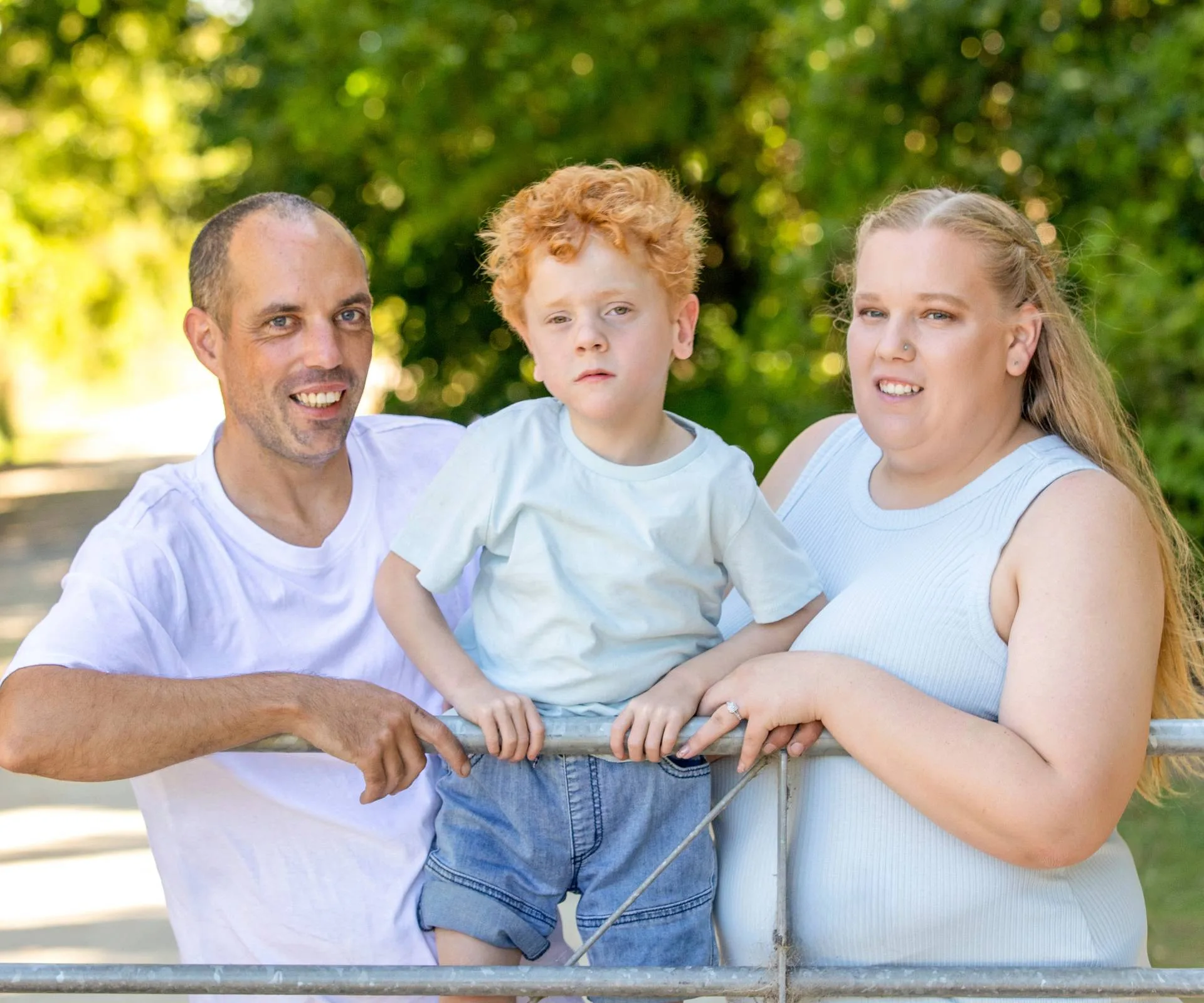
“I wasn’t expecting to go into the hospital and be told I wouldn’t be leaving until I had the babies,” she recalls.
“There was lots of talk about how we weren’t at viability [generally babies born before 23 weeks in New Zealand are not resuscitated]. So, doctors told me if we had to deliver the babies before then, it would be to keep me alive. That was a hard pill to swallow.”
The plan was to keep Kathryn pregnant for as long as possible. But on March 3, at 23 weeks and one day pregnant, they made the decision to deliver her twins by Caesarean.
Whisked straight to NICU [Neonatal Intensive Care Unit] for lifesaving care in the first minutes of life, doctors had to resuscitate Declan multiple times.
“They were just tiny little specks in the incubators,” says Kathryn. She explains she hopes sharing her story brings awareness to the journeys of neonatal families that most people are unaware of. “I had no idea what to expect. Like many people, I’d never seen a premature baby. I didn’t know anything about neonates until I was faced with it.”
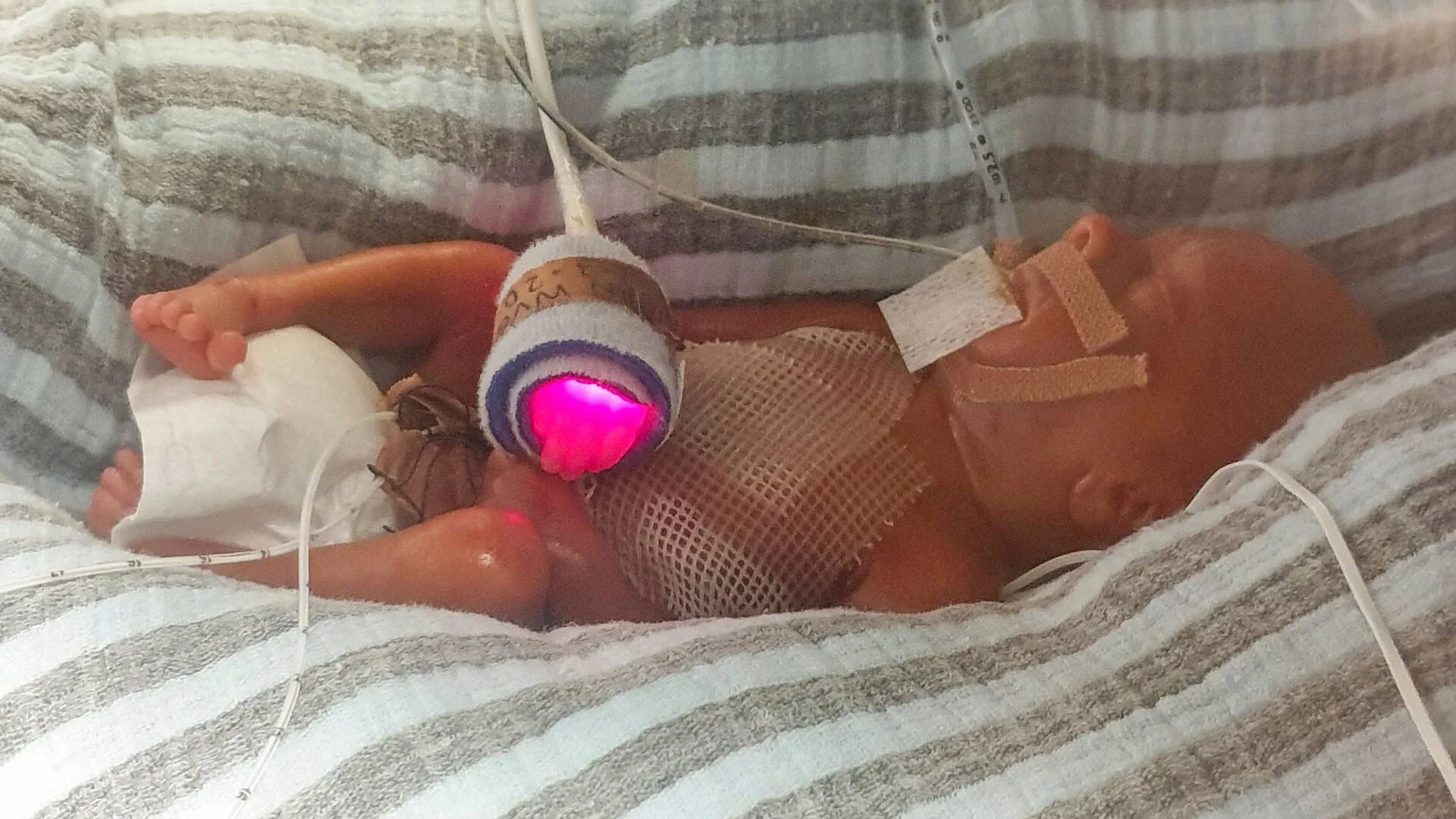
For two weeks, Kathryn watched her boys through the incubators. Then, at 15 days old, it was feared Declan wouldn’t make it through the night. Doctors called her and the boy’s father, Chris, her partner at the time, in.
“They put him on me for skin to skin,” she tells. “I was stuck to a chair with a very vulnerable baby with wires and tubes doing everything for him. It was the first time I got to see him outside of an incubator.”
Declan pulled through, but the next day Riley was in critical condition.
“They put him on us, but Riley passed away in Chris’ arms that night on March 19.
“It was so hard, but I still had Declan there fighting and trying to hold on, so I had to focus on him.”
On the night of Riley’s funeral, March 23, the country went into lockdown. For eight weeks, restrictions meant Kathryn was the only one allowed in to see Declan. Unable to drive herself after surgery, Chris would drop her off and wait in the car park while she visited their baby.
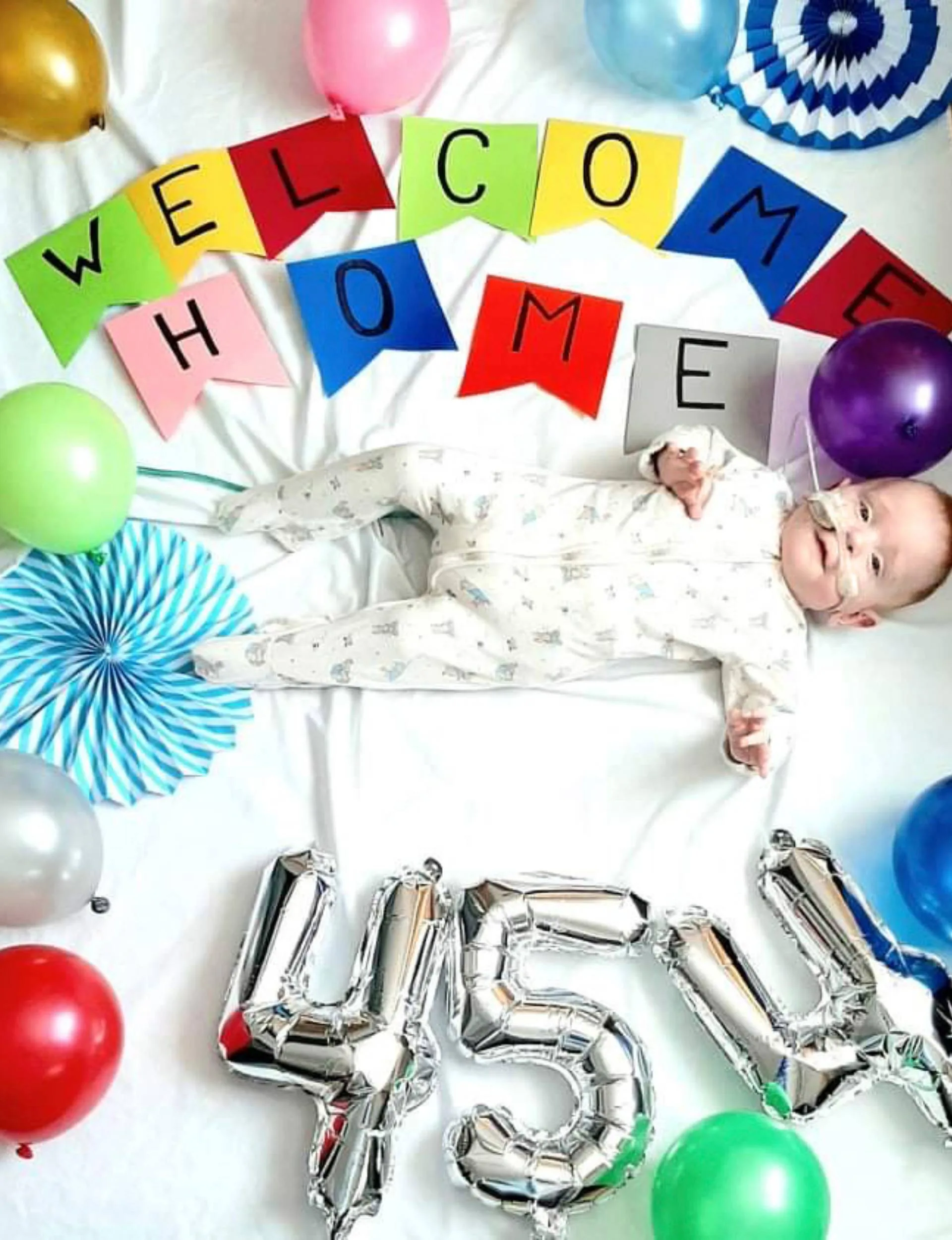
“Our entire time in hospital, for more than a year, there were various restrictions and lockdowns when my family couldn’t be with me,” shares Kathryn, who has a new partner, Stephen Smith.
She remembers many hard conversations in that time, with doctors concerned that Declan may not make it.
Until Christmas 2024, he needed oxygen at least part-time to breathe. He is still tube-fed and lives with a colostomy bag.
“But taking him at face value, you wouldn’t know,” says Kathryn.
After all her son has endured, Kathryn feels delighted to see Declan loving life at daycare and excited to soon start school, which was once considered very unlikely for him.
“When you’re told this may never happen and it does before your eyes, it’s incredible,” she beams. “I’m so proud of him. He’s so resilient and takes everything in his stride.”
‘Pregnancy is the time you need loved ones by your side’
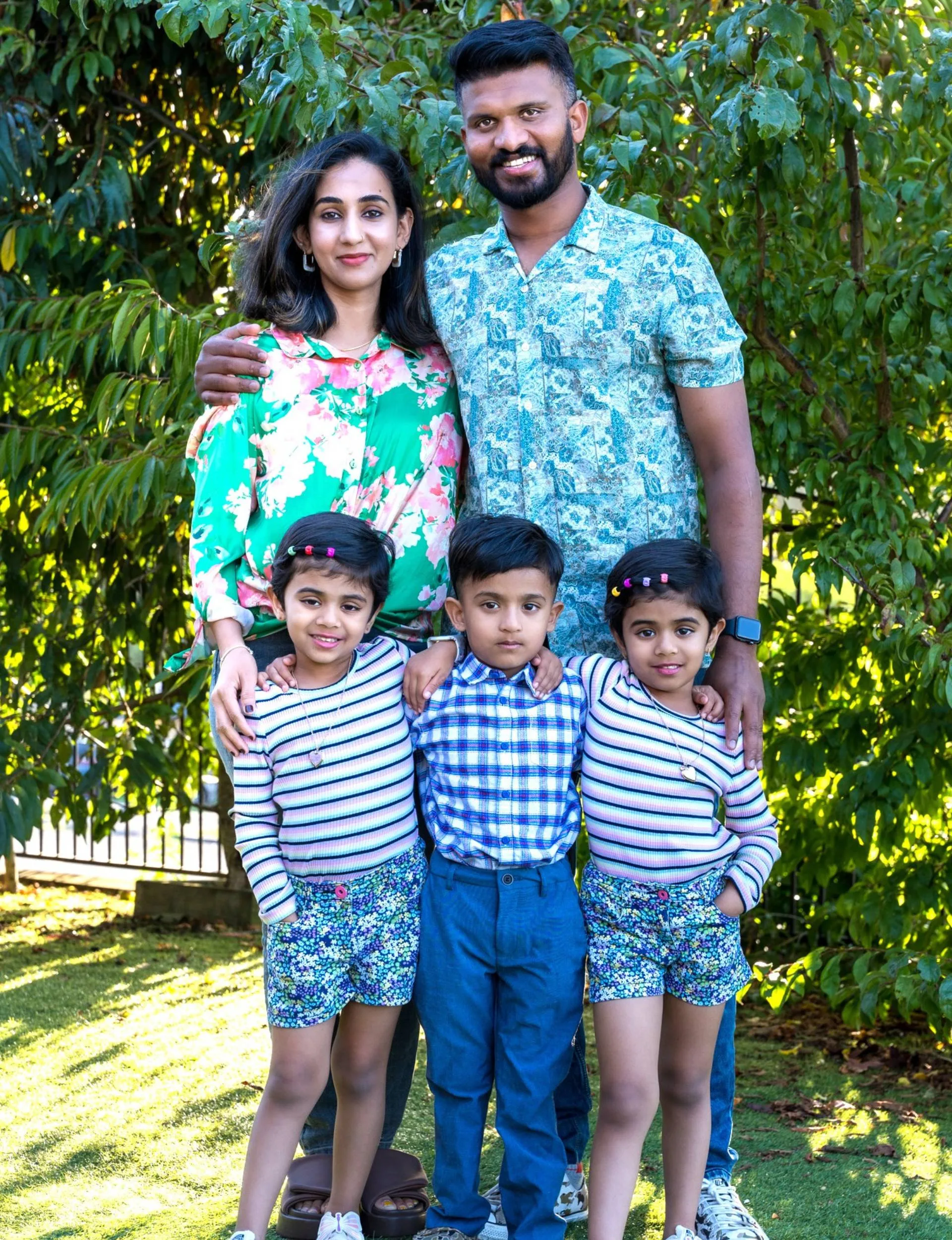
From the moment Akshaya Nair learned she was pregnant in 2019, there were complications.
“My husband Vishnu had chickenpox 14 days before and the doctor really advised us not to continue,” remembers Akshaya, 32. She explains how babies exposed to chickenpox in utero can develop serious congenital disabilities.
Then, at the first ultrasound, Akshaya and Vishnu discovered they were expecting not one, not two, but three babies.
“When they told us it was triplets, it was a complete shock, surprise and excitement all mixed together,” she tells. “I was 27, had no fertility treatment and no history of multiples in our family.”
With so much uncertainty ahead, the Auckland couple decided to continue the pregnancy but not tell anyone they were expecting triplets.
“We didn’t know how long she would be able to carry or what could happen,” says Vishnu, 35.
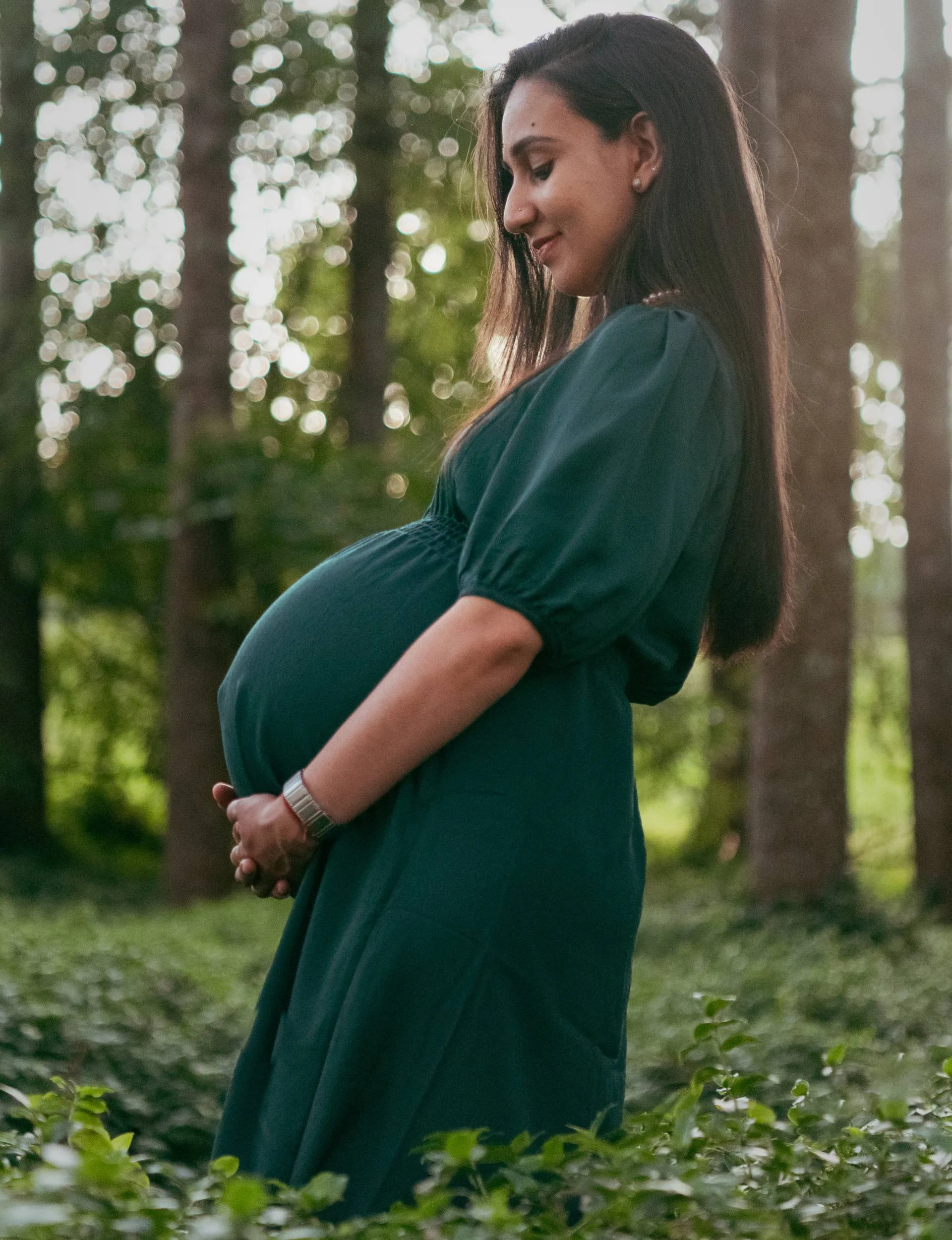
No matter what the outcome, they’d need help. So, Akshaya’s mum Jayasree Manilal arrived from India six weeks before the borders closed.
At 31 weeks pregnant, Akshaya went in for her weekly scan. Doctors advised her to spend the rest of her pregnancy in hospital. For three weeks, she was alone.
“Pregnancy is the time when you need your loved ones by your side, especially in a high-risk situation like mine,” she reflects.
On May 1, at 34 weeks pregnant, with 24 medical staff in the operating room, they delivered her triplets, identical twin sisters Jaanaki and Bhanavi, and son Ishan by C-section.
“The hospital only allowed my husband to see me for a few minutes before the operation. Then right after, they asked him to leave. He wasn’t even allowed to see the babies properly.”
A little more than 1.5 kilos each at birth, the triplets spent seven weeks in hospital, where only one parent could visit at a time.
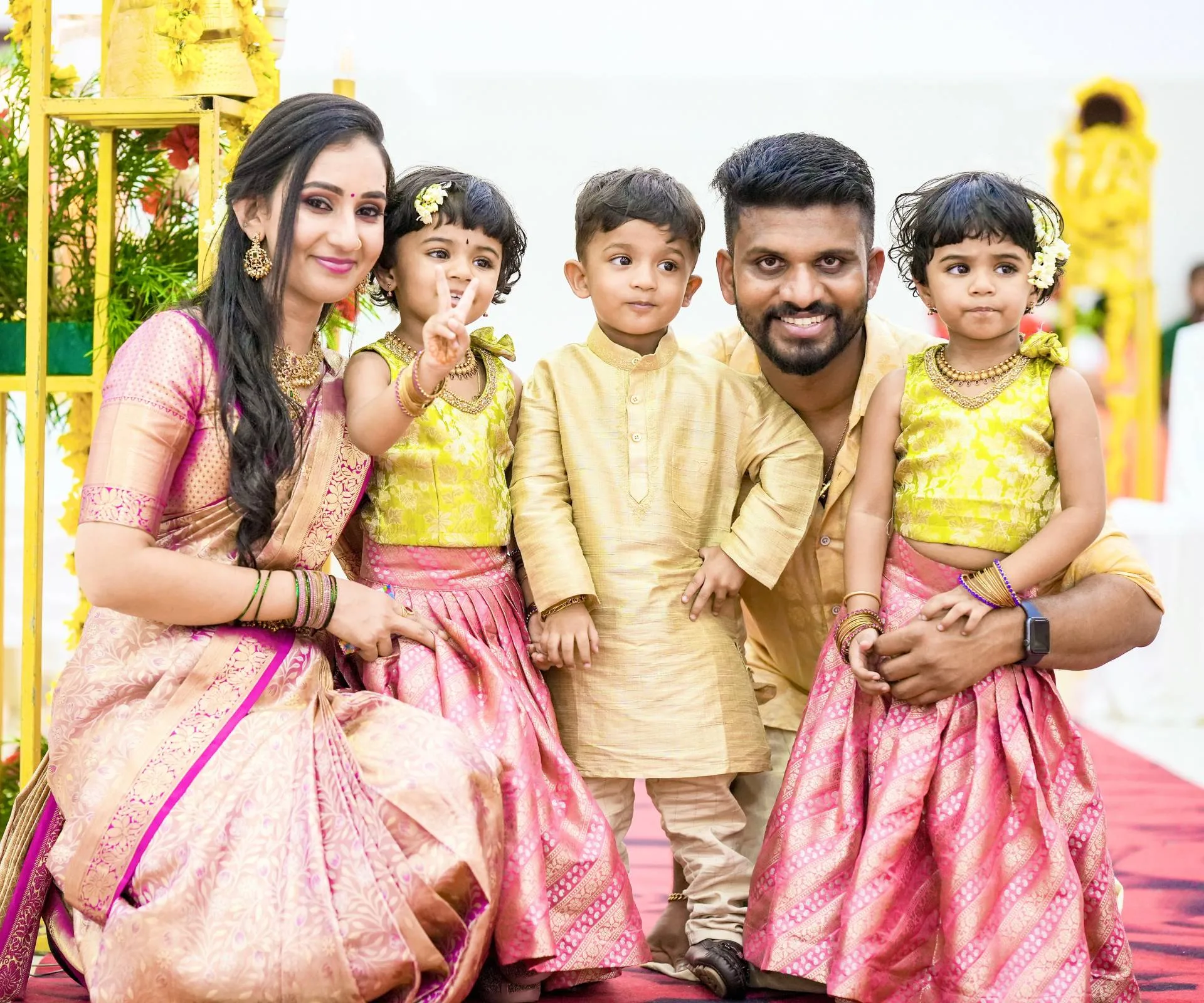
“They looked so fragile and their hands too tiny,” recalls Akshaya.
The devoted parents are very grateful for the support from medical staff. But they’re also honest about how challenging parenting through the pandemic was.
“That first year was really hard,” admits Vishnu. “If it wasn’t for lockdown, we would have travelled to India, where we would have had plenty of helping hands.”
At 18 months old, the triplets were finally able to meet their family in India.
Thankfully, Akshaya and Vishnu, who are New Zealand citizens, agree that it’s much easier now.
“They’re never bored because they have each other,” smiles Vishnu.
Akshaya adds, “They always want to see each other and be together.”
‘I was ringing the panic button in tears’
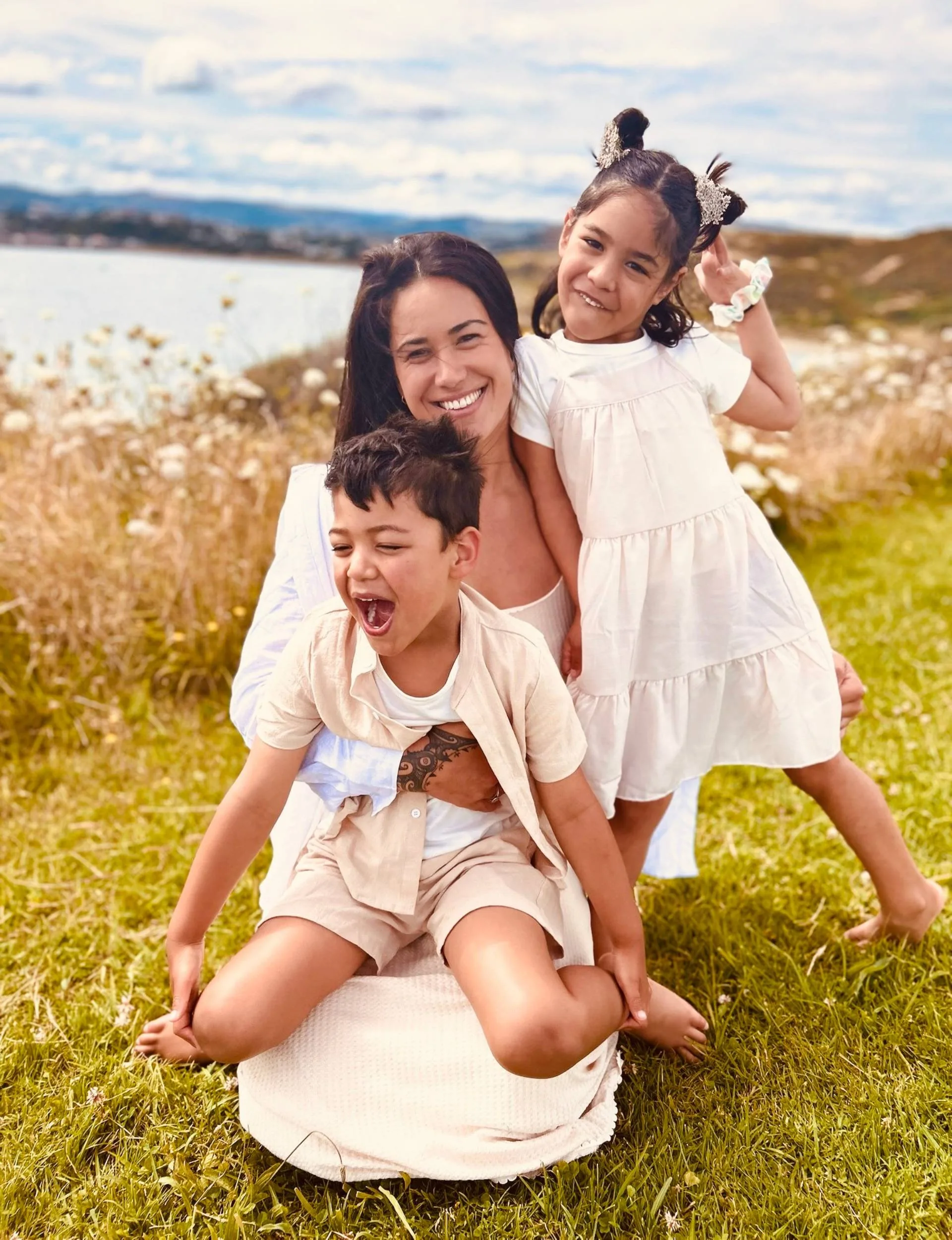
In the days leading up to giving birth to her twins, Kayla Rangiawha was largely bedbound. Still, at only 34 weeks pregnant, she was expecting to endure the discomfort for at least one more month before having a scheduled Caesarean.
That was until her waters broke while on the couch at her Hamilton home during the level four lockdown.
“It was a crazy time,” remembers Kayla, 28. “I didn’t have access to my family or even my midwife being able to come over.
“But as soon as I made contact with her, she told us, ‘Get to the hospital now!’ I walked in, water gushing out of me, thinking, ‘Am I about to have my babies?’”
Waikato Hospital didn’t have space in the NICU, so they transferred Kayla to Tauranga via ambulance.
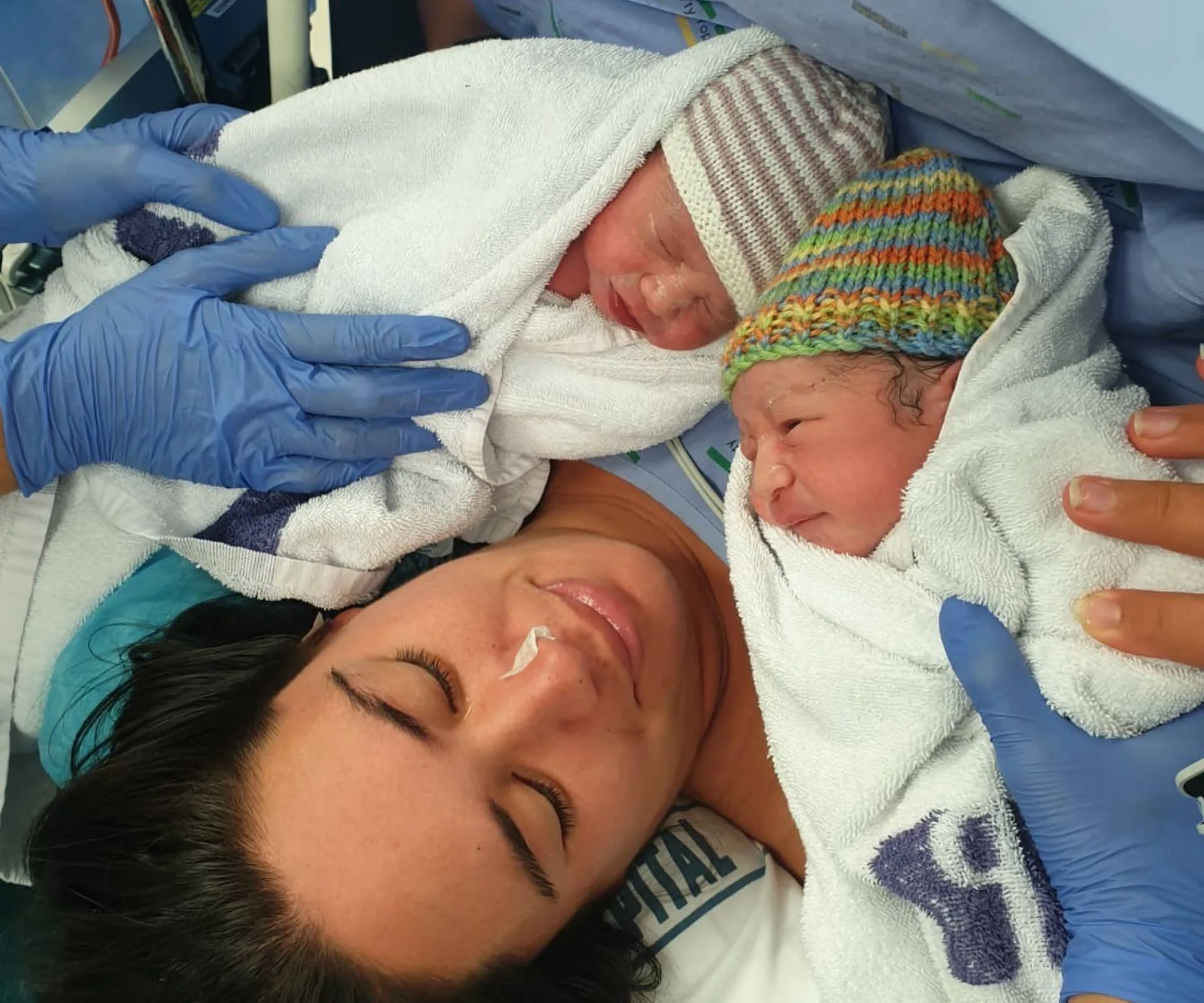
“It was an hour and a half trip alone, sitting there terrified,” she tells. “I wanted my mum, I wanted my babies’ other grandma, I wanted someone to reassure me I was going to be okay.”
The next day, on April 9, Kayla’s partner at the time arrived. Later that day, doctors delivered her daughter Rylee and son Reegan by C-section.
“It was incredibly over-whelming and emotional,” she admits.
But just one hour after the birth, the twins’ father had to leave. Kayla was alone for five days in hospital.
“I’d just had this massive surgery and I had to stay there with two little babies alone. I was distraught.”
She’ll never forget the care from one midwife when both babies were crying but, in lots of pain and unable to walk, Kayla couldn’t get to them.
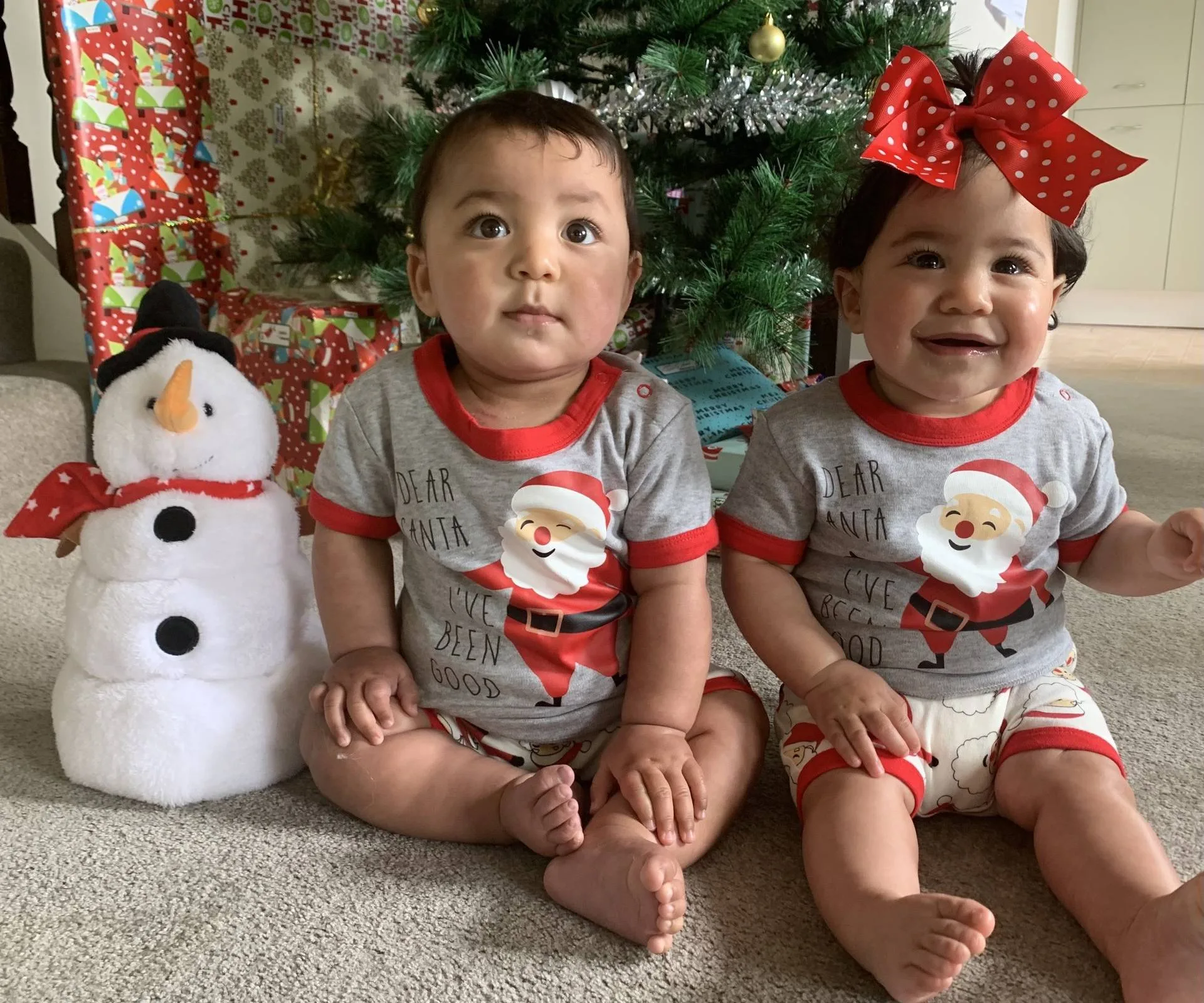
“I was ringing the panic button in tears on the floor, like, ‘Someone, please come and help me,’” she tells. “She ran in, picked me up and reassured me: ‘It isn’t fair, but you’re doing an amazing job.’ I will always be grateful for her generosity and kindness.”
With the twins’ fifth birthday around the corner, Kayla, now a solo mum, can hardly believe how far they’ve come.
Beaming, she describes Rylee as a “creative, gentle soul” and Reegan as the “humour of their family”.
“There’s no bigger accomplishment to me than having these beautiful children growing into the morals and values I’ve tried to teach them,” she smiles.
“It’s been a crazy journey to say the least. But I’m genuinely so proud of myself, my resilience and the woman I am today.”
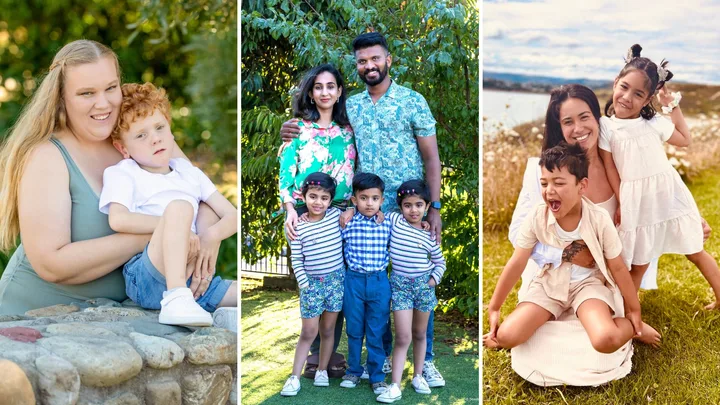 Photos: Bernadette Peters, Melissa Brosnahan.
Photos: Bernadette Peters, Melissa Brosnahan.
